Assistant Research Professorship and Postdoctoral Programs
WE ARE HIRING!
Assistant Research Professors
The centerpiece of this Center is a pool of Assistant Research Professorships, in which there is a cohort of 3 hires per year, each with a 3-year appointment. As part of the Provost’s radical collaborations initiative, Cornell is investing in data science in support of building connections throughout the campus. By creating a rich ecosystem into which new hires can combine their burgeoning activity, Cornell can fully capitalize on its current leading role in this area.
Application for Assistant Research Professors APPLY BY: January 19, 2026
William L. Maxwell Postdoctoral Fellows Cornell’s Engineering Innovations in Medicine (EIM) initiative and the Center for Data Science at Cornell University will be recruiting scholars to the new Maxwell Fellowship program, established through a gift by Dev Joneja, Ph.D ’89 in honor of Professor William L. Maxwell ’56. This program aims to advance data science research in medicine by attracting top scholars to Cornell to work in interdisciplinary teams, fostering collaborations between data scientists and medical experts to address complex challenges in heath care, such as personalized medicine, disease detection, and healthcare delivery optimization. This is a 1or 2 year fellowship.
Application for the William L. Maxwell Postdoctoral Fellow APPLY BY: December 10, 2025
AFFILIATED POSTDOCTORAL OPPORTUNITIES
Postdoctoral Associate – Empire AI Fellow
The Empire AI Fellows Program and the Foundational AI Fellows Program jointly invite applications for post-doctoral fellow positions. The mission of the programs is to advance foundational and applied research in contemporary artificial intelligence (AI) and machine learning (ML), as well as AI-enabled science. Specifically, our goals are to pioneer cutting-edge technical research that will transform current AI paradigms, bring about deep understanding of AI models, and enable the next generation of AI technologies. Fellows will be selected based on their demonstrated potential to undertake transformative research.
Maxwell Fellow

Younghoon Kim
Faculty mentors:
Sumanta Basu, Statistics and Data Science, Cornell Bowers College of Computing and Information Science, Cornell University
Samprit Banerjee, Biostatistics, Department of Population Health Sciences, Weill Cornell Medicine
Younghoon is a William L. Maxwell Postdoctoral Fellow at the Center for Data Science for Enterprise and Society at Cornell University. He received his doctoral degree in Statistics and Operations Research at the University of North Carolina at Chapel Hill. His research interests include modeling and inference for high-dimensional time series and networks, statistical computing for large-scale and non-independent data, and methodological applications in psychology, neuroscience, psychiatry, finance, and economics. In collaboration with his faculty mentors, he is conducting research on stress detection in older adults with depression and chronic pain using passively-sensed mHealth data collected from smartphones and wearable devices.
Read the Chronicle article
Assistant Research Professors

Faculty Mentors:
Rene Kizilcec Information Science, Cornell Bowers College of Computing and Information Science
Thorsten Joachims Computer Science, Cornell Bowers College of Computing and Information Science
AJ is a computational sociologist in two ways. First, he uses data driven techniques and frameworks to address sociological questions related to education, culture, demography, language, and stratification. Second, he analyzes computers and big data as objects of inquiry in their own right. His ongoing research focuses on critical moments of evaluation, specifically in college admissions, parole, and emergency room visits. Prior to entering academia, AJ was a high school English teacher in Miami, FL.
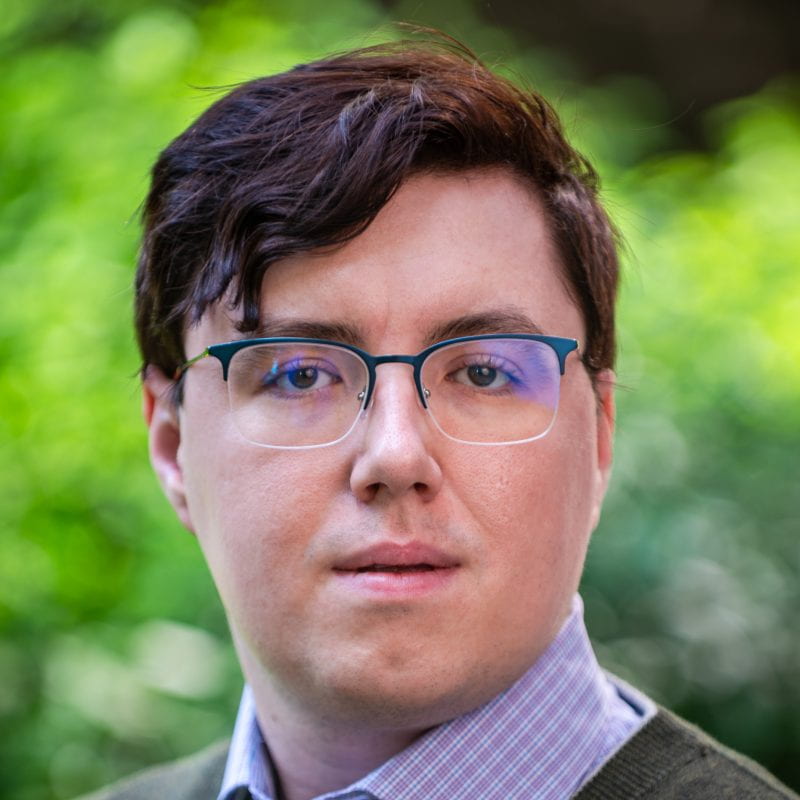
Faculty Mentors:
Connie Yuan, Communication, Global Development, College of Agriculture and Life Sciences
Malte Jung, Information Science, Cornell Bowers College of Computing and Information Science
Brennan is an Assistant Research Professor at the Center for Data Science for Enterprise and Society, with a focus on social network analysis. Brennan’s work leverages network analytic methods to study interpersonal relationships in teams, organizational communication technology, and network interventions.

Ira Globus-Harris
Faculty Mentors:
Nikhil Garg, School of Operations Research and Information Engineering, Cornell Tech
danah boyd, Communication, College of Agriculture and Life Sciences
Ira Globus-Harris works on the algorithmic foundations of responsible computing. From the news curated on your favorite newspaper app to triaging emergency resources and determining loan eligibility, machine learning shapes our experiences of the world and is here to stay. This comes with potentially powerful benefits: reduced inefficiencies in resource allocation, increased accuracy in important decision-making, and content curated to match your needs. It also has drawbacks: If someone makes an error, you might make a complaint, try the same process again with a different person, or even file a lawsuit. However, these interventions require an understanding of not just what mistake happened but also how they happened. If an algorithm makes a mistake, especially when deployed at scale, it is often unclear how to resolve the problem. Ira’s work broadly looks at mechanisms to resolve these potential harms incurred by AI-driven decision-making. Their work focuses on using algorithmic techniques which are scalable for real-world use, holistically consider an algorithm in its broader context, and which flexibly incorporate human input.
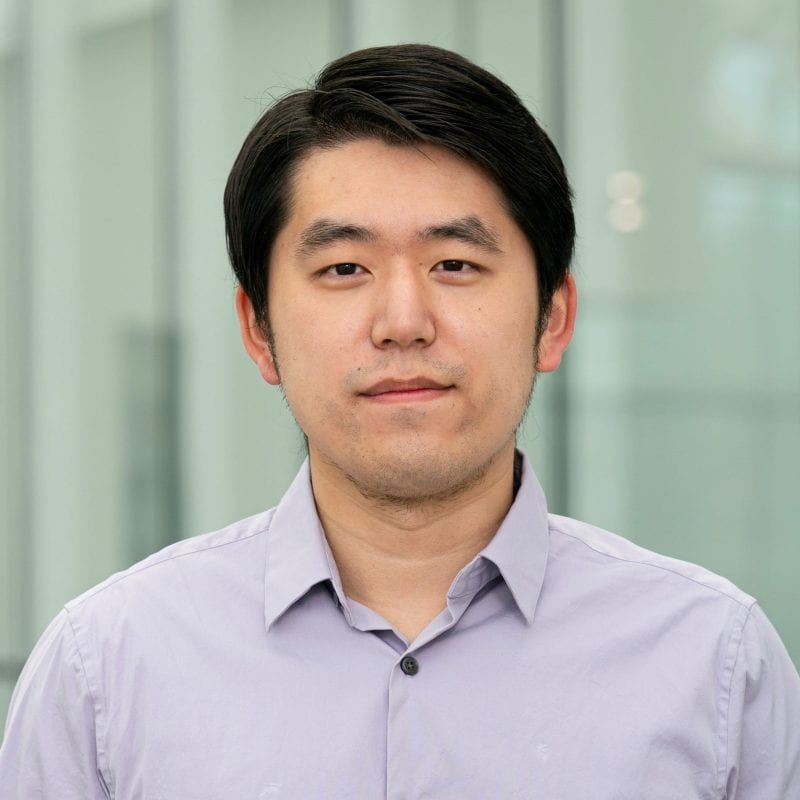
Faculty Mentors:
Peter Frazier, School of Operations Research and Information Engineering, Cornell Engineering
Nathan Kallus, School of Operations Research and Information Engineering, Cornell Engineering
Karan Girotra, Johnson Grad School of Management, SC Johnson, Cornell Dyson School of Applied Economics
Su is an Assistant Research Professor at the Center for Data Science for Enterprise and Society (CDSES) at Cornell University. His research focuses on the interplay between data, algorithms, and markets. More precisely, Su is interested in designing algorithms for learning and optimization problems in online marketplaces, such as pricing, advertising and a/b testing.
Su is the recipient of the 2022 INFORMS George B. Dantzig Dissertation Award. This award is given for the best dissertation in any area of operations research and the management sciences that is innovative and relevant to practice.
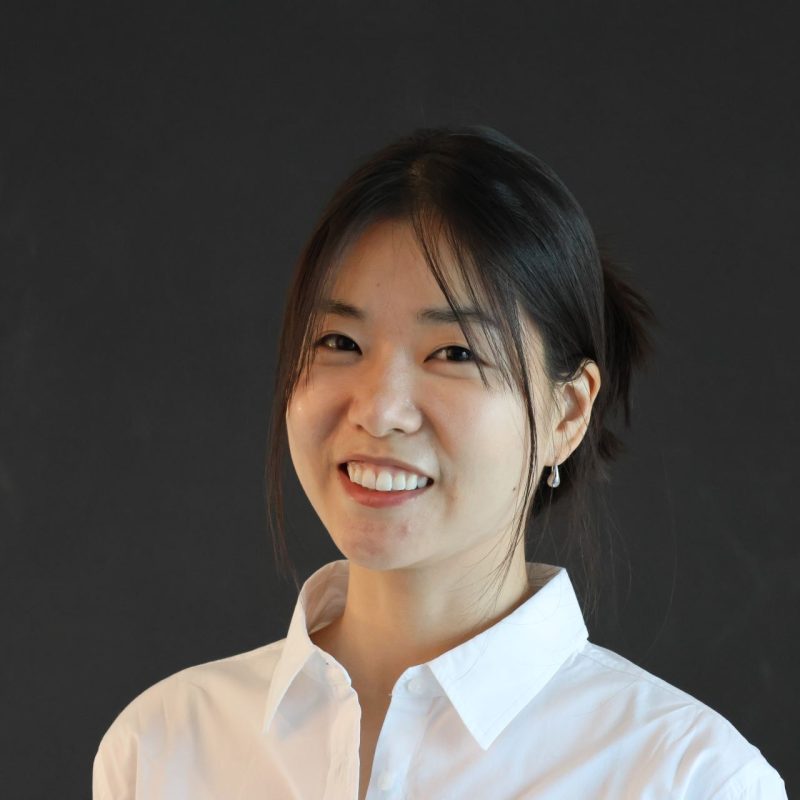
Faculty Mentors:
Marten van Schijndel, Linguistics, College of Arts and Sciences
David Mimno, Information Science, Cornell Bowers College of Computing and Information Science
Unso (Eun Seo) Jo is a computational historian interested in topics at the intersection of AI and the humanities with a focus on international and linguistic inclusivity. Her current book project on the history of AI is a global history of how people have imagined man-made intelligence since the Enlightenment and the ways in which these ideas still have an impact today. She is also working on training and evaluating Asian language models as well as building datasets they could be trained on. Before Cornell Dr. Jo worked as a research engineer at Hugging Face where she has worked on projects such as multilingual search and few-shot learning. She has interdisciplinary academic training in History (PhD) and Computer Science (MS) and her passion is in bridging engineering and the humanities!
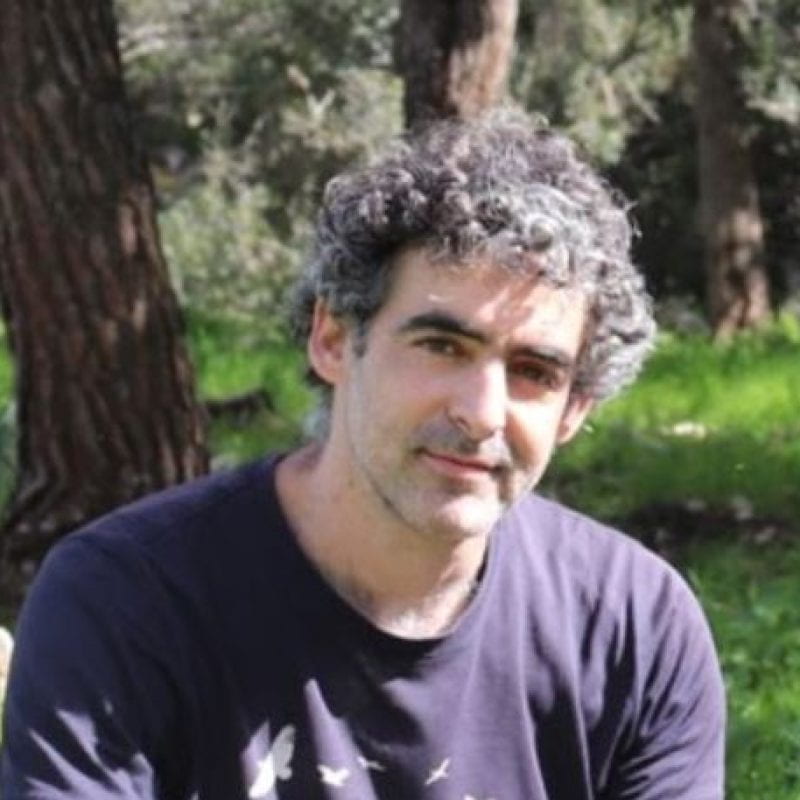
Faculty Mentors:
Éva Tardos, Computer Science, Cornell Bowers College of Computing and Information Science
David Easley, Economics, College of Arts and Sciences
Robert Kleinberg, Computer Science, Cornell Bowers College of Computing and Information Science
Yoav is an Assistant Research Professor at the Center for Data Science for Enterprise and Society. His research interests lie at the interface of machine learning, algorithmic game theory, dynamical systems, and networks, with a focus on learning in games and interactions between learning and strategic play in multi-agent systems of social and economic importance. Prior to joining Cornell, Yoav completed his Ph.D. in Computer Science at the Hebrew University of Jerusalem, advised by Noam Nisan, and his M.Sc. in Physics, advised by Sorin Solomon.

Faculty Mentors:
Moon Duchin, Mathematics, College of Arts and Sciences and the Jeb E. Brooks School of Public Policy, College of Agricultural and Life Sciences
Jon Kleinberg, Computer Science, Bowers College of Computing and Information Science
David examines how AI and machine learning impact society. Specifically, he is interested in 1) understanding how machine learning models homogenize heterogeneous populations and 2) building models that better capture the unique preferences and identities of marginalized individuals. His work lies at the intersection of representation learning, algorithmic fairness, and complex systems. Prior to Cornell, David obtained a Ph.D. in Computer Science from Northeastern University, advised by Tina Eliassi-Rad and supported by the NSF GRFP. He obtained his B.S.E. from Princeton University. He has worked in industry as a research-scientist intern at Meta, a sociotechnical researcher at Taraaz, and a software engineer at Bloomberg LP.

Faculty Mentors:
Andrea Lodi , Jacobs Technion-Cornell Institute, Cornell Tech and School of Operation Research and Information Engineering, College of Engineering
Soroosh Shafiee , School of Operation Research and Information Engineering, College of Engineering
Jiachang is an Assistant Research Professor at the Center for Data Science for Enterprise and Society. His research interests include (1) creating interpretable and trustworthy ML solutions for high stakes decisions making, in domains such as healthcare, criminal justice, and finance; (2) designing efficient discrete and continuous optimization techniques to solve related optimization problems, which are usually nonconvex and have a combinatorial nature; and (3) building open-source and user-friendly software packages for the broad data science community. The long-term goal is to let humans and machines seamlessly collaborate and complement each other. Prior to joining Cornell, Jiachang completed his Ph.D. in Electrical and Computer Engineering at Duke University, advised by Cynthia Rudin.

Yaroslav Mukhin
Faculty Mentors:
Francesca Molinari, Economics, College of Arts and Sciences
Kengo Kato, Statistics, Cornell Bowers College of Computing and Information Science
I am currently an Assistant Research Professor at Cornell University. Previously, I taught statistics in the Department of Economics at Dartmouth College, was a postdoctoral researcher at MIT’s Laboratory for Information and Decision Systems (LIDS), and completed a PhD in Economics and Statistics at MIT. My current research develops methods to characterize (un)robustness of econometric analyses and statistical models. To this end, I use techniques from semiparametric efficiency, information geometry, optimal transport, and reproducing kernel Hilbert spaces.
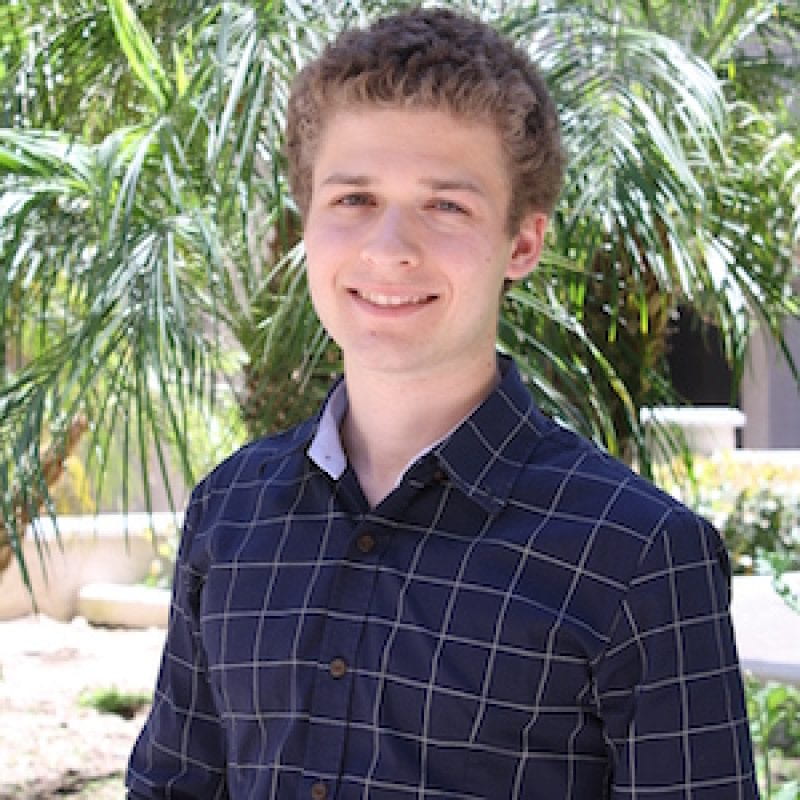
Faculty Mentors:
Ziv Scully, Operations Research and Information Engineering, College of Engineering
David Bindel, Computer Science, Cornell Bowers College of Computing and Information Science
Alexander Terenin is an Assistant Research Professor at Cornell. He is interested in machine learning, particularly for problems where the data is not fixed, but is gathered interactively by the learning machine. His work focuses on data-efficient interactive decision-making algorithms such as Bayesian optimization, and uncertainty-aware probabilistic models that power such algorithms, including Gaussian processes. His technical contributions to this area have won multiple best-paper-type awards at top machine learning conferences. More recently, he is also interested in non-probabilistic approaches to decision-making, particularly in non-discrete problems, including for multi-armed bandits, online learning, and reinforcement learning.

Faculty Mentors:
Samitha Samaranayake, Civil and Environmental Engineering, Cornell Engineering
Nikhil Garg, School of Operations Research and Information Engineering, Jacobs Technion-Cornell Institute
Alfredo is an Assistant Research Professor at the Center for Data Science for Enterprise and Society. His main research interests lie at the intersection of optimization and operations research, with a focus on matching markets, resource allocation and subset selection problems. In particular, he develops algorithmic tools and design optimization models to tackle challenges that appear in applications such as online advertising, student-school allocation, online matching platforms, facility location and data summarization. Alfredo is also interested in (1) societal challenges that arise in multi-agent and societal systems such as fairness, diversity, and the spread of misinformation; (2) the interactions between optimization and machine learning such as the design of new approaches for submodular optimization

